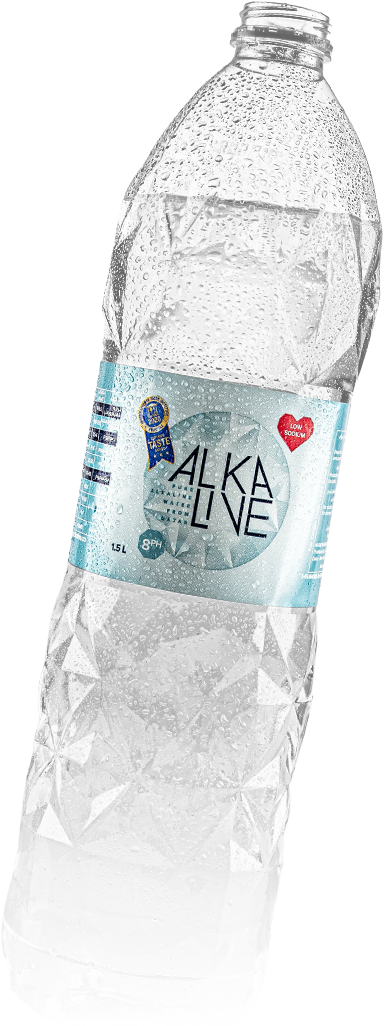What is oxidation-reduction
potential?
Oxidation-reduction potential (ORP) measures the ability of a lake or river to cleanse itself or break down waste products, such as contaminants and dead plants and animals. When the ORP value is high, there is lots of oxygen present in the water. This means that bacteria that decompose dead tissue and contaminants can work more efficiently. In general, the higher the ORP value, the healthier the lake or river is. However, even in healthy lakes and rivers, there is less oxygen (and therefore lower ORP values) as you get closer to the bottom sediments (mud; see the picture below of a lake bottom). This is because there are many bacteria working hard in the sediments to decompose dead tissue, and they use up a lot of the available oxygen. In fact, oxygen disappears very quickly in the bottom mud (often within a centimeter or two) and ORP falls quickly. ORP is measured in addition to dissolved oxygen because ORP can provide scientists with additional information of the water quality and degree of pollution, if present. Also, there are other elements that can function like oxygen (in terms of chemistry) and contribute to increased ORP
WHERE IS ORP USED?
Oxidation-reduction potential (ORP, redox) measures the rate of oxidative disinfection caused by the effects of all oxidants in the drinking water, groundwater remediation, pool water disinfection and dichlorination.
HOW ORP MEASURED?
ORP is determined by using a high quality ORP probe and meter. The unit of measurement of ORP is millivolts (mV).
WHY USE ORP?
ORP is a convenient measure of the oxidizer’s or reducer’s ability to perform a chemical task.
Oxidisers (mainly disinfectants) consume electrons while reductants (mainly contaminants) donate electrons.
ORP is an indicator of micro-organism inactivation. Studies on specific micro-organisms have found a direct correlation between increasing ORP and micro-organism inactivated. Drinking water is adequately disinfected at an ORP of 650 mV.
BENEFITS OF O.R.P IN ALKALINE WATER
Higher alkaline pH water acts as an antioxidant, scavenging for and neutralizing harmful free radicals. Because alkaline water has the ability to give up electrons, it can effectively neutralize and block free-radical damage to the body.
Ionized alkaline water seeks out free radicals and converts them into oxygen which your body can use for energy production and tissue oxygenation. Cancer and most other illnesses cannot survive in an oxygenated alkaline environment.




































